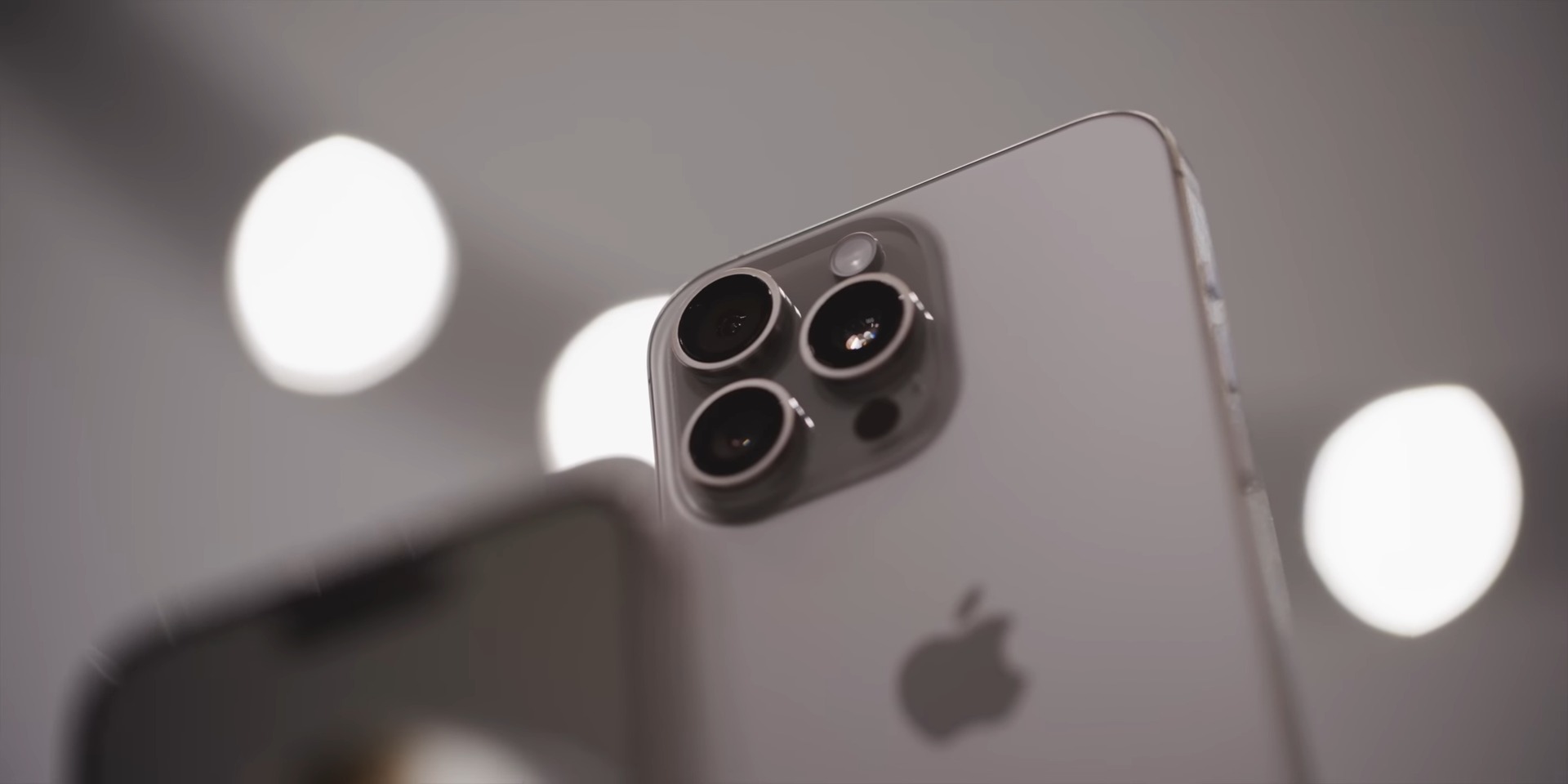How Geekbench Scores for the A17 Pro Changed by 100 Points in 3 Days

For the past few months, since the release of Geekbench 6, a lot of questions have been raised regarding the credibility of this popular simulation-based benchmarking app. There have been reports about how the app virtually favors Apple Silicon over any of it’s Android competitors, and there have been instances where this couldn’t be away from the truth.
Apple unveiled the A17 Pro chipset earlier this week, which showcased a slight performance improvement over it’s (already capable) predecessor, the A16 Bionic. The A17 Pro, which goes by it’s identifier iPhone16,1 has been gaining a lot of attention, mainly due to its impressive Geekbench scores, nearly reaching a whopping 3000 on the single-core test.

To be fair, Apple could’ve juiced out a bit more at the expense of a bit more power, but the intriguing bit here is how over the past three days, the scores have been changed by almost a 100 points, which is not normal, per se.

While the previous-gen chipset manages to barely cross 2600 on single-core, running at 3.46GHz, the ~15% performance improvement is believable. However, this type of changing anomaly in scores isn’t normal, and some might find it tempting to blame Geekbench for the performance changes after the updates, particularly those who prefer not to consider a rational explanation.
Comparing these scores to Android’s upcoming Snapdragon 8 Gen 3, Apple Silicon’s crown jewel manages to easily top that by an astounding 17%. Now, this may not entirely be bad news for Android users since 2563 is a great single-core score (if true), considering how the S23 Ultra’s Snapdragon 8 Gen 2 For Galaxy only touched 2100, so that, in itself is a huge 22% improvement.
Whatever it may be, the results have always been in the favor of Apple, and this has been a trend we’ve been seeing since the past decade or so. The reason this is, is because benchmarking applications like Geekbench primarily test raw CPU speed, overlooking components like the GPU.
This year, however, Apple isn’t taking raw graphics lightly, they’ve introduced a new 6-core GPU, supporting ray-tracing, and for the first time ever, announcing support for AAA games like Resident Evil IV Remake and Assassin’s Creed Mirage.
This is all we know for now, but rest assured that we will keep you updated as new information becomes available.




